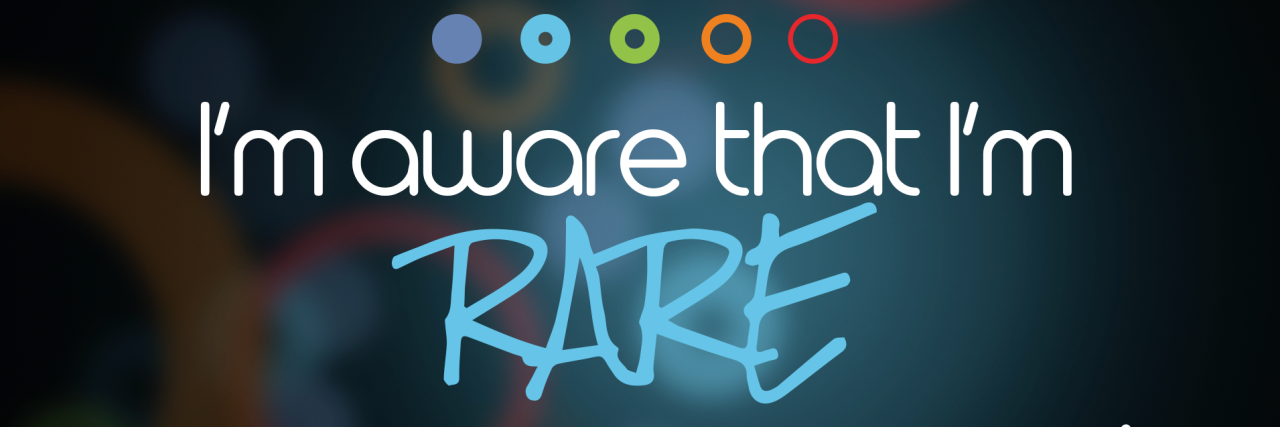In this episode, pulmonary hypertension patient Diane Dauwalder discusses how she became symptomatic in 2002, preparing for the end of her life, and how thanks to PH research and new therapies how she adjusted to a new normal.
Hi, my name’s Diane Dauwalder. I’m a pulmonary hypertension patient, and I’m from Fort Worth, Texas. I’m the Fort Worth support group leader.
I was confirmed diagnosed in February of 2005, but I started to become symptomatic around 2002 when I moved from Arizona to Colorado. Everybody had thought it was just the altitude and that I needed to get used to it, but all of a sudden I couldn’t take stairs two at a time. I used to be a courier for Federal Express, so I was used to a fast-paced lifestyle. All of a sudden, I was getting short of breath. I knew something was wrong.
So we did move from Colorado to Fort Worth Texas and I was still having problems. I’m no longer at mile high and was still having difficulty breathing. Nobody knew what was wrong with me until I ended up in the ER. Severe sleep apnea was the first diagnosis. Then finally I was able to get to UT Southwestern, who did the right heart catheterization and confirmed my pulmonary hypertension.
It was good to know what I was dealing with, because I knew that something was wrong with me but I had no idea what. At that time, and we’re talking over 10 years ago, if you went online you had three to five years to live. It was very scary. There was only two medications out. I was getting prepared for the end of my life.
At that time, I had a long talk with myself. I wasn’t working obviously. At first, I was in denial, which I think we all go through. I thought they were going to give me a pill and make me better. Well, after the first six months of being on a pill and knowing I wasn’t getting better, I was like, okay, time to come to terms with the Lord and make our peace here, because I’ve had a good life. I was ready.
Then fortunately, through research, through fundraising, more drugs came out and it kept me going. I was getting better. So I wasn’t going to be in a scooter and on oxygen 24/7 anymore. I started to get better. Not much better, but I got adjusted to my new norm.
I heard about support group meetings. I didn’t know anything about pulmonary hypertension. I did go to a support group meeting, and I went to a couple of them and then I walked out because I got too depressed. People who I saw walk in, the next meeting they were in wheelchairs. I just couldn’t deal with it. I guess I was still in a little bit of denial.
Again, there was a third drug added to my regimen, and I was very faithful because I was on inhaled prostacyclin, which I had to do nine treatments a day every two hours, and I did it because I did not want IV therapy. From there, it was just all uphill for me.
Then I ended up becoming the support group leader. It was good. Every time that phone rings, I’m thankful that I’m doing what I’m doing, because that other person on the phone is so alone and so scared, and it’s not that bad. You can have a normal life. Life can be good. You can enjoy it.
When they came out with the (Sometimes It’s PH) zebra campaign to raise awareness, which I thought was great, because it gave us an icon to use, a zebra. We are medical zebras. I got us on Good Morning Texas for our Zebra Fest, because I don’t think everybody’s heard of Zebra Fest that we have in North Texas. I think the zebra was a good way to raise awareness, because it made people look and listen.
My primary care physician for instance, every time I went to him he would write COPD down. I kept telling him I don’t have COPD. It’s PH. Even though the symptoms are the same. So finally, I started bringing him in different materials to hang on his wall, saying sometimes it’s the other blood pressure. It’s been good, because I think we’re finally getting patients diagnosed sooner than later, which is really good because I think more people are aware of the illness. I think there’s a lot more people who have pulmonary hypertension that were diagnosed incorrectly or were never really diagnosed, because nobody knew what it was.
If I met a newly diagnosed patient, I would give them a hug first of all, tell them that they’re not alone, that it’s a journey, but it’s a good journey, and just to get used to your new normal and life goes on. It can be good.
I’m Diane Dauwalder and I am aware that I’m rare.
Learn more about pulmonary hypertension trials at . Never miss an episode with the phaware® podcast app. Follow us @phaware on Facebook, Twitter, Instagram, YouTube & Linkedin Engage for a cure: #phaware #ClinicalTrials @antidote_me

